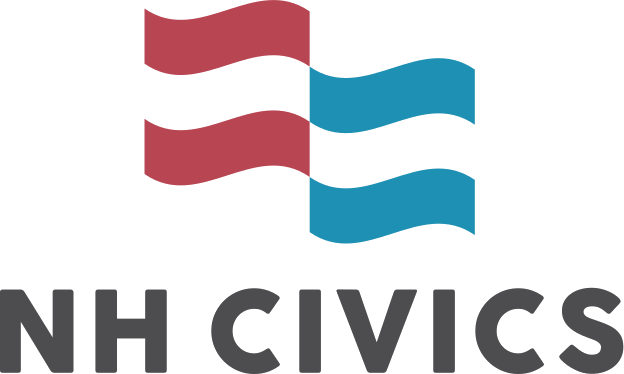Free Speech and Campaign Finance Regulations – Virtual
Abstract:
The First Amendment to the Constitution prohibits Congress from abridging free speech and the Fourteenth Amendment has been interpreted to extend those prohibitions to state and local governments as well. Over time the Supreme Court has interpreted speech to extend to financial contributions to campaigns, political parties and other political organizations engaged in influencing election results. In addition, the Court has extended some rights of personhood to corporations, including protections of corporate speech against government infringement. Starting after the Watergate scandal, Congress has attempted at several junctions to limit the financial contributions of individuals and corporations to political entities. The Supreme Court, in response, has invalidated an increasing number of those restrictions as unconstitutional restrictions of free speech. Campaign finance regulations and the constitutional protection of free speech raise difficult and essential questions about the role and impact of money in elections and what constitutes an effective democracy.
Essential Question:
- Does the danger of corruption justify restricting the use of money as a form of political speech under the First Amendment?
Materials and Documents
“We have built the rocket ship and NH Civics is ready to launch. At this inflection point in history, NH Civics is poised to exponentially expand its impact.”
Looking for more information?
Please contact us with any questions you may have about any of our programs or would like additional information.
